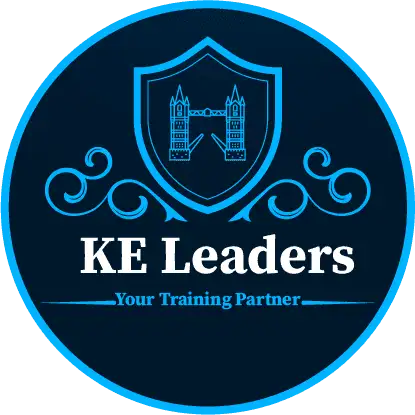Sophisticated Budgeting and Cost Oversight
Course Overview
The Sophisticated Budgeting and Cost Oversight training course by KE Leaders equips professionals with advanced tools and strategies to master budgeting processes and effectively oversee costs. This course emphasises creating, managing, and evaluating budgets that align with organisational goals while maintaining cost efficiency. Participants will gain deep insights into modern budgeting methods, cost control mechanisms, and financial planning to drive informed decision-making.
This program is designed for professionals eager to elevate their financial management capabilities and build robust frameworks for sustainable organizational growth.
Learning Outcomes
By the end of this course, participants will:
- Design and implement sophisticated budgeting frameworks.
- Effectively oversee costs to maximize efficiency and minimize waste.
- Analyze and adapt to financial and operational trends.
- Enhance decision-making through integrated financial planning.
- Apply modern tools and techniques for budgeting and cost oversight.
Course Objectives
Participants will:
- Understand the principles of advanced budgeting techniques.
- Develop frameworks for cost control and financial optimization.
- Learn how to link budgeting processes to strategic goals.
- Explore tools for variance analysis and budget forecasting.
- Build comprehensive budgets incorporating financial and non-financial factors.
Course Structure
Day 1: Foundations of Advanced Budgeting
- Topics Covered:
- Strategic Role of Budgets in Organizational Planning
- Principles of Costing and Budgeting Alignment
- Modern Budgeting Techniques: Beyond Traditional Approaches
- Case Study: Budget Development for Strategic Impact
- Learning Outcomes:
- Establish a foundational understanding of advanced budgeting concepts.
- Recognize the strategic importance of budgeting in achieving organizational goals.
Day 2: Cost Management and Control
- Topics Covered:
- Key Costing Concepts: Direct, Indirect, Fixed, and Variable Costs
- Cost Allocation Techniques: Traditional vs. Activity-Based Costing (ABC)
- Implementing Cost Reduction Strategies Without Compromising Quality
- Case Study: Effective Cost Oversight in Operational Settings
- Learning Outcomes:
- Apply advanced costing techniques for efficient resource allocation.
- Identify opportunities for cost reduction and optimization.
Day 3: Budget Development and Execution
- Topics Covered:
- Creating Comprehensive Budget Frameworks
- Linking Budgets to Financial Statements and Cash Flow Projections
- Integrating Operational Metrics into Budgeting Processes
- Case Study: Developing a Balanced Budget for a Multinational Organization
- Learning Outcomes:
- Build and execute realistic and integrated budgets.
- Align financial planning with operational and strategic objectives.
Day 4: Variance Analysis and Continuous Improvement
- Topics Covered:
- Understanding Variance Analysis and Its Role in Cost Oversight
- Tools for Identifying Budget Deviations and Root Causes
- Implementing Continuous Improvement in Budgeting Practices
- Case Study: Real-World Applications of Variance Analysis
- Learning Outcomes:
- Analyze variances effectively and implement corrective actions.
- Foster a culture of continuous improvement in budgeting processes.
Day 5: Advanced Tools and Emerging Trends
- Topics Covered:
- Technology in Budgeting: Leveraging Automation and Data Analytics
- Scenario Planning and Predictive Budgeting
- Emerging Trends in Cost Management and Budgeting Techniques
- Case Study: Applying AI and Machine Learning in Financial Planning
- Learning Outcomes:
- Utilize cutting-edge tools for budgeting and cost oversight.
- Adapt to emerging trends and integrate them into financial management practices.
Training Methodology
This course combines:
- Expert-Led Sessions: Interactive lectures from industry professionals.
- Case Studies: Real-life scenarios to apply learning.
- Hands-On Exercises: Practical tasks to reinforce key concepts.
- Group Discussions: Collaborative learning for diverse perspectives.
Who Should Attend?
This course is ideal for:
- Financial managers and budget analysts.
- Corporate planners and strategists.
- Department heads responsible for cost oversight.
- Entrepreneurs and small business owners.
- Anyone aiming to advance their budgeting and cost management skills.
Certification
Upon successful completion, participants will receive a Certificate in Sophisticated Budgeting and Cost Oversight from KE Leaders, showcasing their expertise in advanced budgeting and financial management.
Advance Your Budgeting Expertise with KE Leaders
Gain the skills to drive financial success and maintain cost efficiency in your organization.
👉 Register now to master the art of budgeting and cost oversight!





